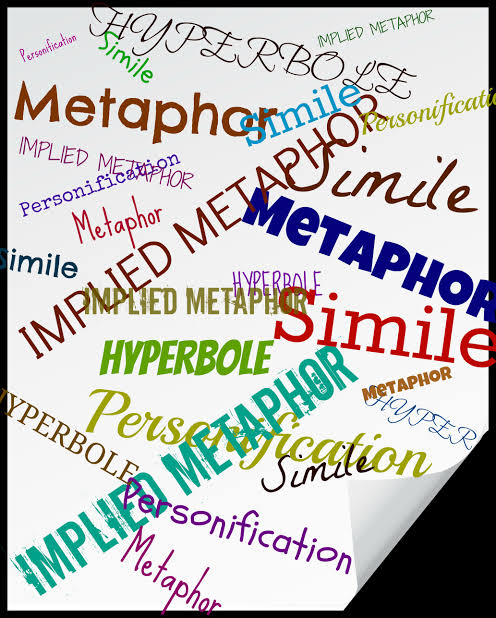ALLITERATION
Alliteration Definition
Alliteration is derived from Latin’s “Latira”. It means “letters of alphabet”. It is a stylistic device in which a number of words, having the same first consonant sound, occur close together in a series.
Consider the following examples:
- But a better butter makes a batter better.
- A big bully beats a baby boy.
Both sentences are alliterative because the same first letter of words (B) occurs close together and produces alliteration in the sentence. An important point to remember here is that alliteration does not depend on letters but on sounds. So the phrase not knotty is alliterative, but cigarette chase is not.
In literature, alliteration is the conspicuous repetition of identical initial consonant sounds in successive or closely associated syllables within a group of words, even those spelled differently. As a method of linking words for effect, alliteration is also called head rhyme or initial rhyme.
For example, "humble house," or "potential power play.
Function of Alliteration
Alliteration has a very vital role in poetry and prose. It creates a musical effect in the text that enhances the pleasure of reading a literary piece. It makes reading and recitation of the poems attractive and appealing; thus, making them easier to learn by heart. Furthermore, it renders flow and beauty to a piece of writing.
In the marketing industry, as what we have already discussed, alliteration makes the brand names interesting and easier to remember. This literary device is helpful in attracting customers and enhancing sales.
The Importance of Alliteration
Alliteration is a useful sound device found in many types of literature but mostly in poetry. Businesses and advertisers use alliteration to call attention to company names and products. Many famous quotes and sayings also use alliteration. This is because the repetition of consonant sounds at the beginning of words allow rhythm and musicality. It also makes a phrase easy to memorize and fun to read or say out loud.
Certain sounds can affect the mood of a poem. Alliteration can be used to give a poem a calm, smooth feeling or a loud, harsh feeling. For example, the phrase “Singing songs of the seaside” utilizes the “s” sound. This gives the phrase a soft and smooth sound. Meanwhile, the phrase “Keep that crazy cat out!” uses a hard “k” sound. This gives the phrase a harsh sound and adds a threatening tone.




Comments
Post a Comment